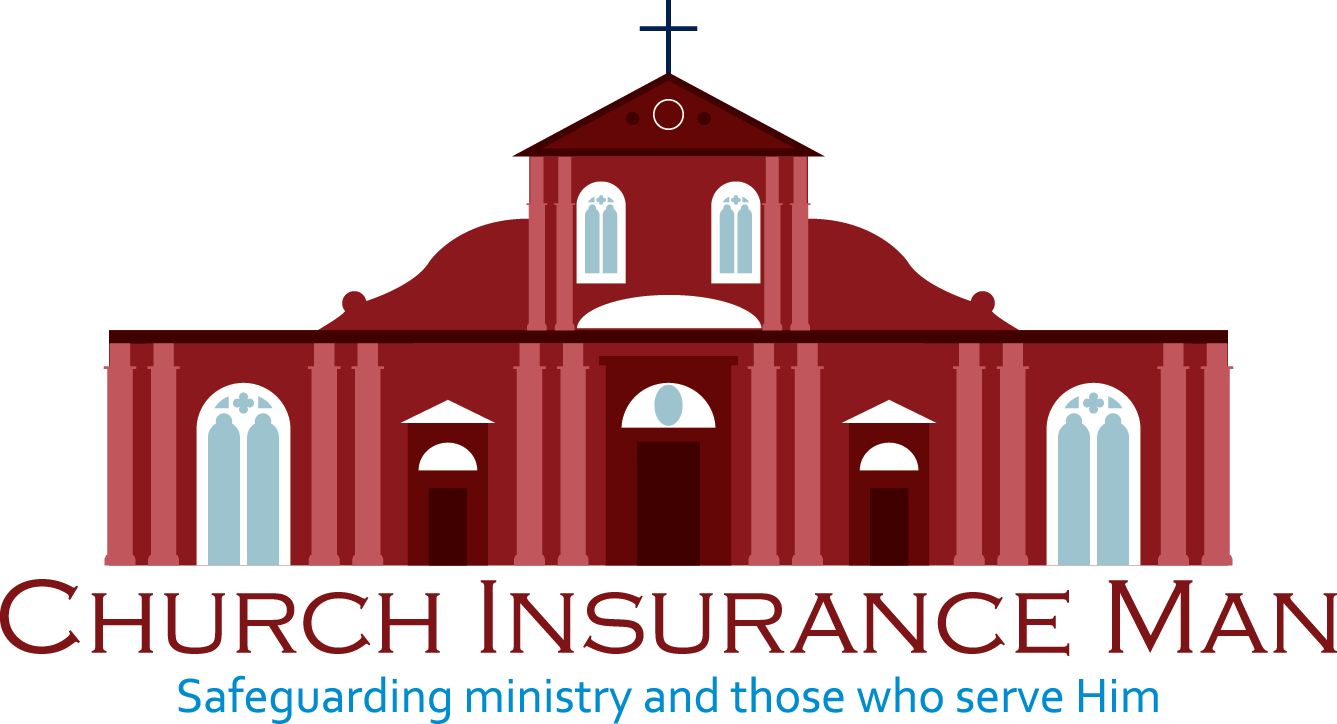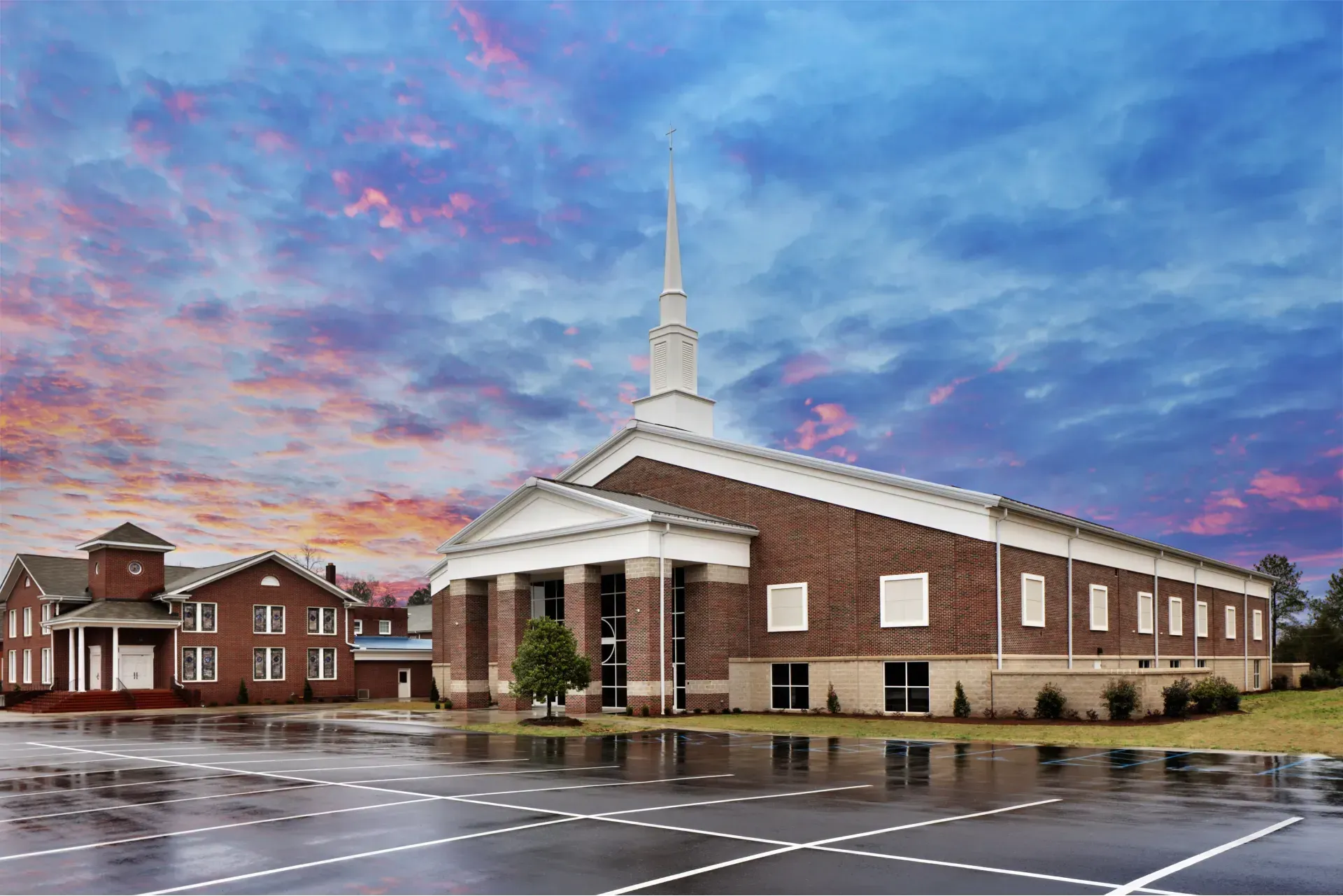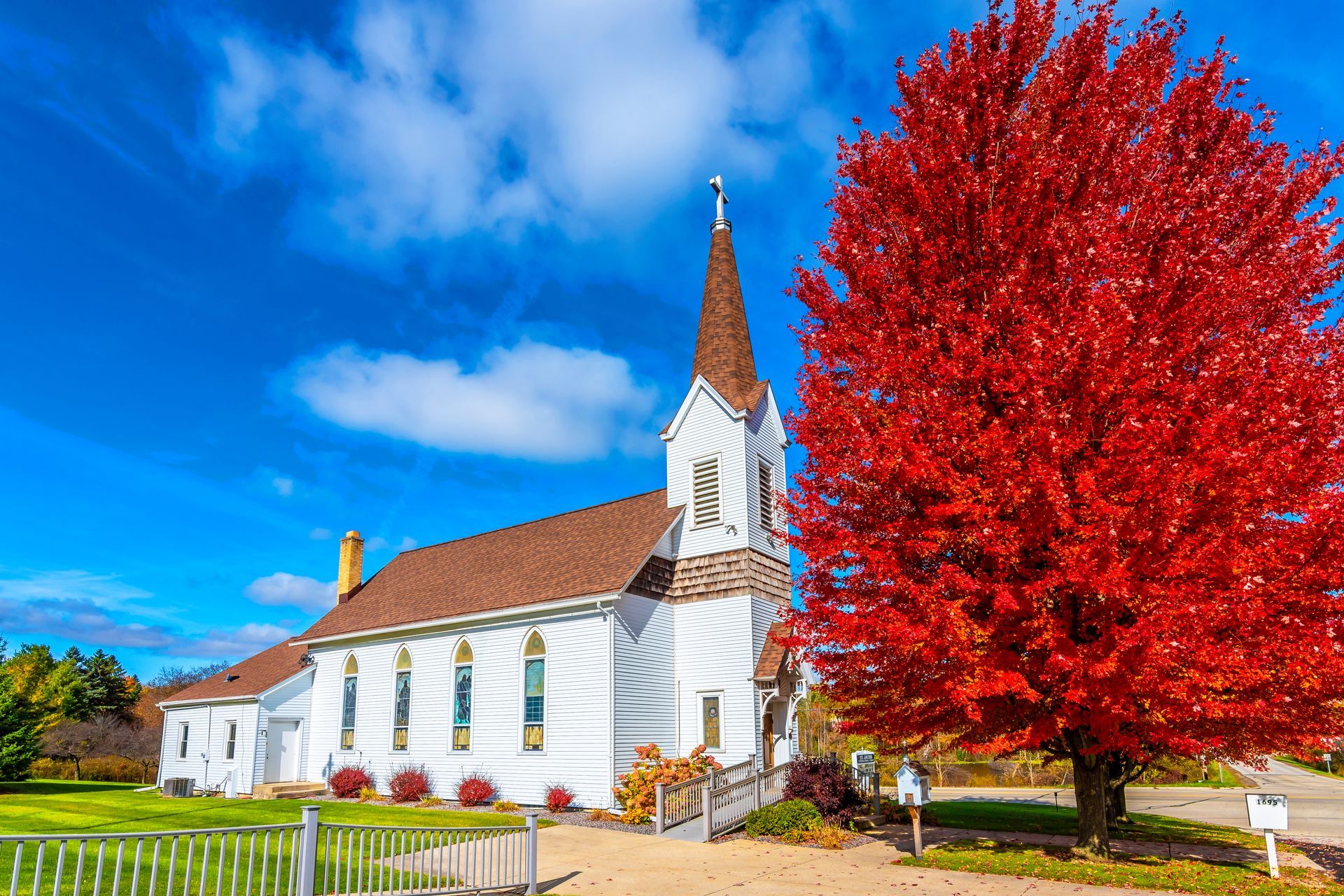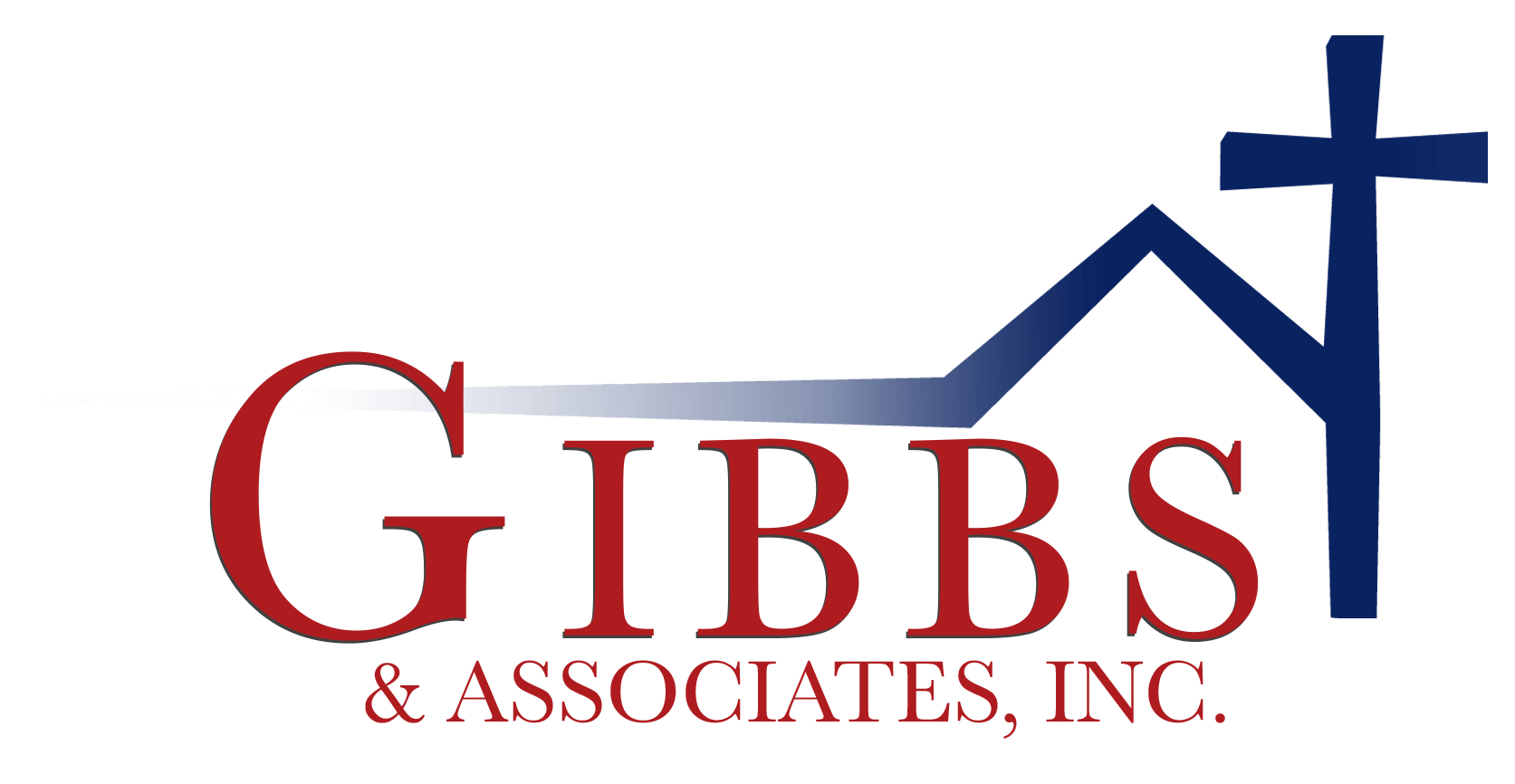5 Common Mistakes Every Church Plant Should Avoid
Common Mistakes Every Church Plant Should Avoid
Planting a church is not easy. You probably have a laundry list of things to do, and it is understandable that you may not think about including church insurance in the mix. While sharing the word of Christ should be your priority, ensuring your church is adequately protected will help your ministry sustain its growth and stay resilient in the face of unexpected events.
Making mistakes helps us learn. However, when it comes to establishing a church, it's best to learn from the mistakes of others and avoid costly oversights. Here are five common church insurance mistakes that church planters need to avoid.
1. Failing To Document Liability Releases Properly
Liability releases are essential to any church's insurance policy and should not be overlooked. A liability release is a document that protects both the church and its members from any potential legal claims. It is a contract between the church and its members or guests that states that the church will not be held liable for any damages or injuries suffered on their property.
The most common form of liability release is a waiver of liability. This waiver states that the church's members and guests agree to waive their right to sue the church in case of an accident or injury.
2. Not Carrying the Right Amount of Coverage
It is vital to have the right amount of insurance coverage to protect the church and its members from any potential losses. Churches should review their policies regularly to ensure they have enough coverage for potential claims.
3. Not Understanding the Coverage
When protecting your church, it is essential to ensure you understand the coverage of your insurance policies. After all, the last thing you want is to be left vulnerable if an unexpected event occurs. Unfortunately, many churches don't take the time to properly understand their insurance coverage before signing a policy.
Understanding the coverage of your insurance policies is not as difficult as you might think. Taking the time to review your policy documents will help you to ensure that you are adequately protected from any potential claims.
4. Not Having the Proper Endorsements
Churches are places of worship but also provide many other services to their community. From hosting weddings to providing childcare, churches offer a variety of activities and services that require special attention and preparation. To ensure that the church is adequately protected from potential liabilities and risks, churches must ensure their policies are endorsed for any special activities or services they provide.
Endorsements are necessary for churches because they provide additional coverage for any potential claims that arise from special activities or services. Without proper endorsements, the church may not be covered for any potential claims that arise from these activities. Endorsements can also tailor a church's insurance policy to meet the church's specific needs.
5. Not Making Sure the Policy Is up to Date
Churches should review their policies regularly to ensure that the coverage is still appropriate for the activities and services provided by the church. If the policy is not current, the church may not be covered for any potential claims arising from these activities.
Conclusion
It is essential to do your research and stay informed about protecting your church with insurance. Mistakes can be costly and have long-term effects, so it is vital to make sure that you are making the right decisions. Knowing the basics of church insurance, understanding the different types of coverage, and recognizing the potential risks your church may face can help ensure your church is adequately protected.
If you're looking for the right
insurance for your church, then look no further than Church Insurance Man! Our team of experienced professionals can help you find the coverage that best meets your church's specific needs. We understand the unique risks that churches face and can provide you with reliable and comprehensive coverage so you can focus on what matters most – your mission. Contact us today to learn more.











